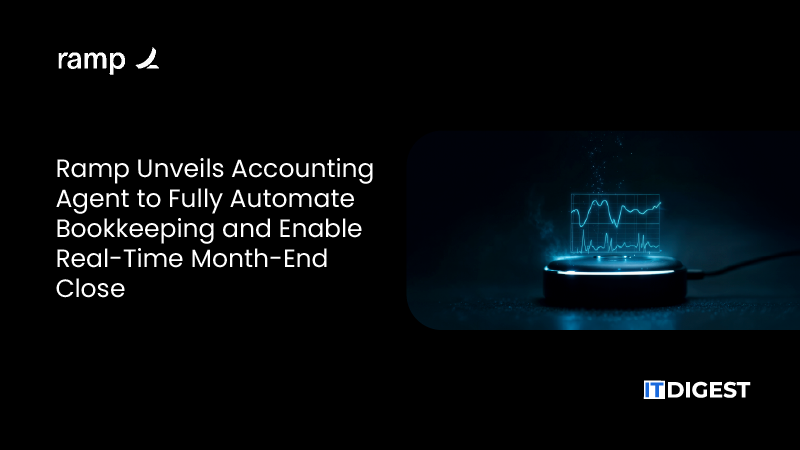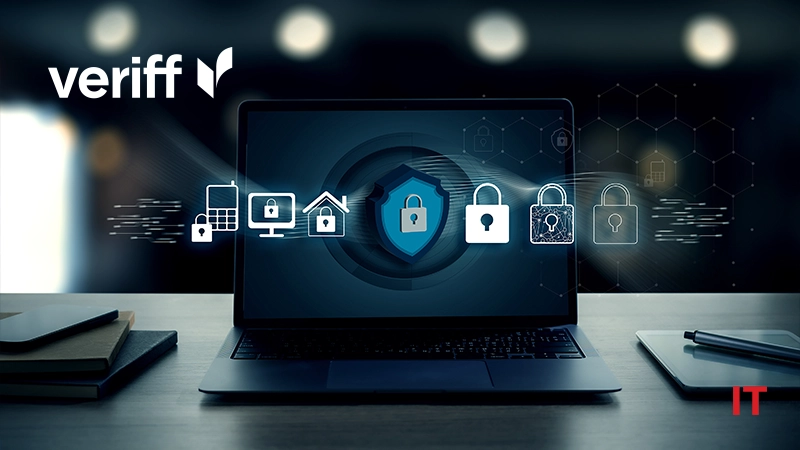Veriff, a global identity verification and authentication platform, has released a new feature FaceBlock for its Self-Serve product, used by startups and SMBs. FaceBlock provides an additional layer of security to catch suspected repeat fraudsters who attempt to bypass security measures.
Smaller businesses often struggle with limited resources to combat emerging online fraud. To stay ahead of fraudsters, they need a constantly evolving, multi-layered approach that combines a range of fraud mitigation tools. One such tool is FaceBlock, a new feature within Veriff’s Self-Serve solution.
“The FaceBlock feature helps to prevent fraud by enabling the customer to block individuals previously suspected of fraud from repeatedly trying to access an organization’s services,” explained Maksim Afanasjev, Staff Product Manager at Veriff. “FaceBlock helps to detect and block repeat offenders who attempt to evade security measures by using different devices and documents. Customers have the flexibility and can further customize FaceBlock by adding facial biometrics of known fraudsters to their blocklist, reinforcing their defenses,” Afanasjev added.
Also Read: Sevco Security appoints Ken Shelton as CTO
Self-Serve is part of Veriff’s product portfolio, designed for startups and small and medium-sized businesses (SMBs) that don’t necessarily need special enterprise solutions for identity verification but require a flexible and cost-effective approach.
- The product covers 11,500+ government-issued IDs and supports 48 languages and dialects.
- A 98% automation rate gets end-users through in 6 seconds on average.
- Real-time end-user feedback guides 95% of users through the verification flow on the first try.
Every business can be a fraud target
The risks of AI-driven fraud aren’t limited to large enterprises only. Startups and small and medium-sized businesses, especially those rapidly scaling their operations, are also targets for such sophisticated fraud attempts. Particularly when in their industry the cost of fraud is substantial, such as financial service providers, iGaming platforms, or online retailers for luxury goods.
In 2023 alone, approximately 500,000 voice and video deepfakes were circulated globally. Veriff Deepfakes Deep Dive Report has identified four common techniques fraudsters adopt as they deploy AI and deep learning in their activities: Face Swaps, Lip Sync, Puppets, and GANs & Autoencoders. Veriff‘s Self-Serve solution empowers SMBs to protect themselves against these sophisticated threats.
Source: GlobeNewsWire


































